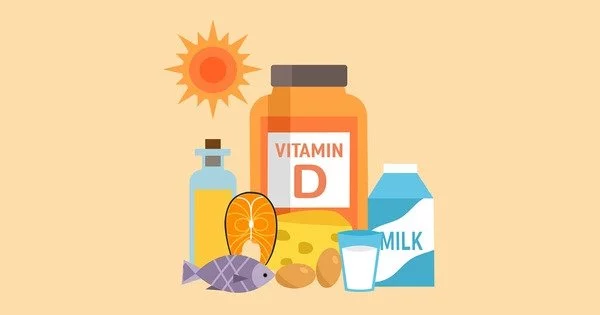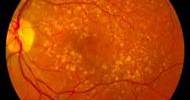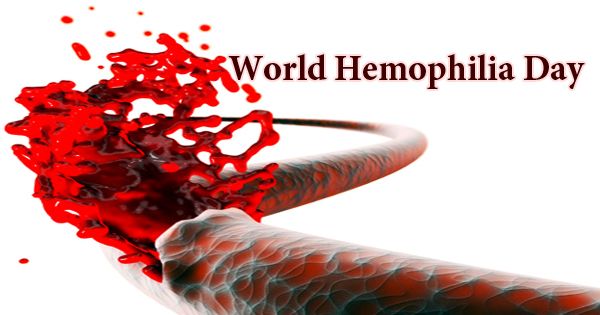Vitamin D is a fat-soluble vitamin that plays a crucial role in regulating the absorption of calcium and phosphorus in the body. It is also important for maintaining healthy bones and teeth, supporting the immune system, and regulating mood.
There are two main forms of vitamin D: vitamin D2 (ergocalciferol) and vitamin D3 (cholecalciferol). Vitamin D2 is found in some foods, while vitamin D3 is produced in the skin when exposed to sunlight.
Vitamin D is both a nutrient that we consume and a hormone that our bodies produce. It is a fat-soluble vitamin that has long been known to aid the body’s absorption and retention of calcium and phosphorus, both of which are essential for bone formation. In addition, laboratory studies show that vitamin D can help control infections and reduce inflammation. Many organs and tissues in the body have vitamin D receptors, implying important roles beyond bone health, and scientists are actively investigating other possible functions.
Vitamin D is necessary for bone strength and may help with the immune system and other functions. In response to sun exposure, the human body produces vitamin D. A person can also increase their vitamin D intake by eating certain foods or taking supplements. It is necessary for the maintenance of healthy bones and teeth. It also regulates inflammation and immune function, among many other functions in the body.
Good sources of vitamin D
Most people should be able to get enough vitamin D from sunlight from late March/early April to the end of September. When exposed to direct sunlight on the skin, the body produces vitamin D. However, we do not produce enough vitamin D from sunlight between October and early March. More information about vitamin D and sunlight can be found here. Vitamin D can also be found in a few foods.
Sources include:
- oily fish – such as salmon, sardines, herring and mackerel
- red meat
- liver
- egg yolks
- fortified foods – such as some fat spreads and breakfast cereals
Another source of vitamin D is dietary supplements.
Vitamin D deficiency
Vitamin D deficiency is relatively common, especially in areas with limited sunlight exposure or in individuals who don’t consume enough vitamin D-rich foods. Symptoms of deficiency can include bone pain, muscle weakness, and an increased risk of fractures. Long-term deficiency can also lead to osteoporosis, a condition in which bones become weak and brittle.
Good food sources of vitamin D include fatty fish (such as salmon and tuna), egg yolks, and fortified foods like milk and cereal. Supplements are also available and can be used to help prevent or treat deficiency, but it’s important to talk to a healthcare provider before starting any new supplement regimen.
















